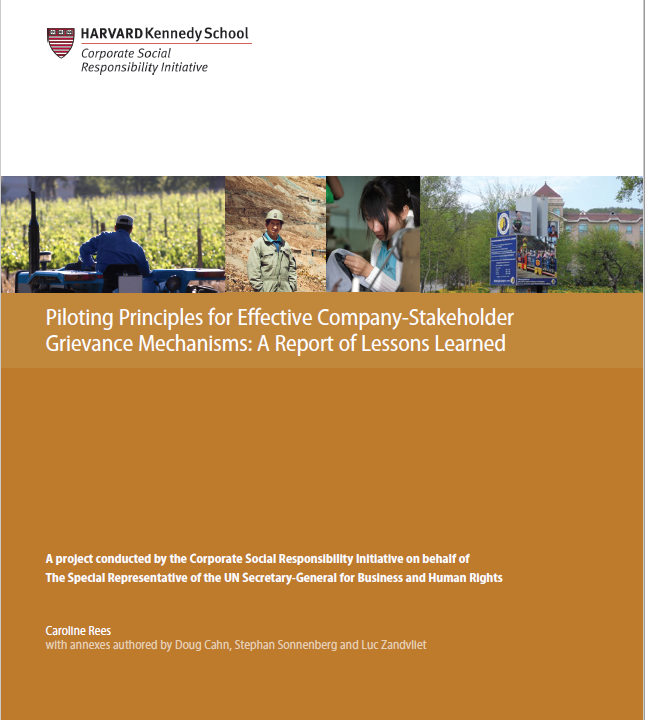Profitable Ethical Recruitment – How Basic Labour Standards can Spur Growth in the GCC Engineering and Construction Industry
News & AnalysisGuidanceGood PracticesThis report on profitable ethical recruitment lays out a conceptual framework for promoting and enhancing the viability of ethical labour recruitment in the Engineering and Construction industry in Gulf Cooperation Council (GCC) countries. Insights ...Read More

